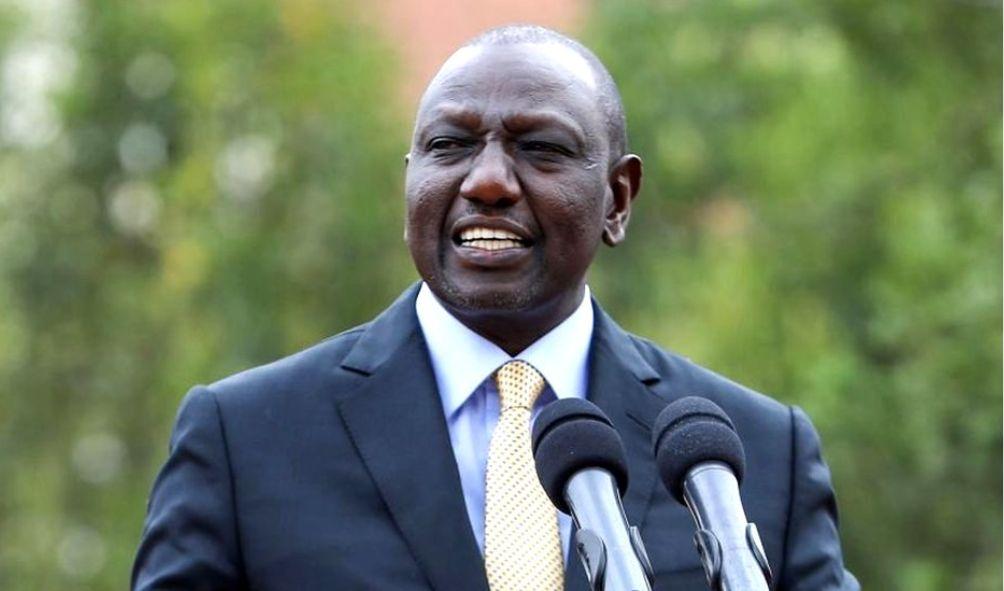Legal Battle: Azimio Challenges Ruto’s Pardon of 37 Prisoners
Using the authority granted to him by the Power of Mercy Act of 2011, President William Ruto granted early release to 37 convicted criminals, allowing them to enjoy their freedom before the expiration of their sentences.
According to the Kenyan constitution, the president may exercise this power based on the consideration of petitions lodged with the Power of Mercy Advisory Committee.
The Azimio La Umoja One Kenya Coalition has announced that it will petition the court to reverse the pardons.
“This list is filled with people who have stolen, robbed, and raped children; these are the people we have forgiven,” said attorney Paul Mwangi.
The opposition faults the Head of State for allegedly issuing pardons without following due process and taking into account the criteria and processes outlined in the Power of Mercy Act, such as considering the offender’s age and the circumstances surrounding the commission of the offense.
These include whether or not the convict is a first-time offender, the nature and severity of the crime, how the convict has conducted himself since his conviction, his character and reputation, and the interests of the state, as well as the period of the sentence served, which should not be less than a third of the sentence, the period of the sentence already served.
“One of the criteria is that you must have served at least a third of your sentence before your petition can be accepted,” Mwangi said. “We have several cases on that list of people who have just begun serving their sentences or have not even reached a third of their sentences. We also have people on that list who have committed very serious offenses, which is also a criterion.”
ALSO READ: President Ruto Unveils Secret Raila Meeting Insights
Azimio claims that in granting the pardons, the president disregarded the provisions of the Act by denying the victims of the crimes a hearing and disregarding their feelings. They also claim that if the pardons are allowed to stand, they will only encourage the public to disregard the rule of law and encourage crime.
“We’d like to establish that we don’t breed impunity, and the way to do that is to ensure that these powers are never abused and are used for the right reasons,” the lawyer continued.
Former KEMRI director Davy Koech, who was imprisoned for six years in 2021 after being found guilty of fraudulently accumulating public property, is among those released under the Power of Mercy.
On the roster of 37 were also murder and attempted defilement offenders.
The Law Society of Kenya (LSK) has also joined those requesting greater transparency in how the power of mercy is exercised.
Erick Theuri, president of the LSK, told Citizen TV over the phone that the lack of transparency in the manner in which the convicts were pardoned has contributed to the unease surrounding the recent exercise of this authority.
He believes the moment is ripe for discussions about revising the Act to, among other things, increase the professionalism and openness of the advisory committee on the power of mercy.
Theuri argues that moving forward, the committee should provide justifications for pardoning each petitioner.
Legal Battle: Azimio Challenges Ruto’s Pardon of 37 Prisoners
